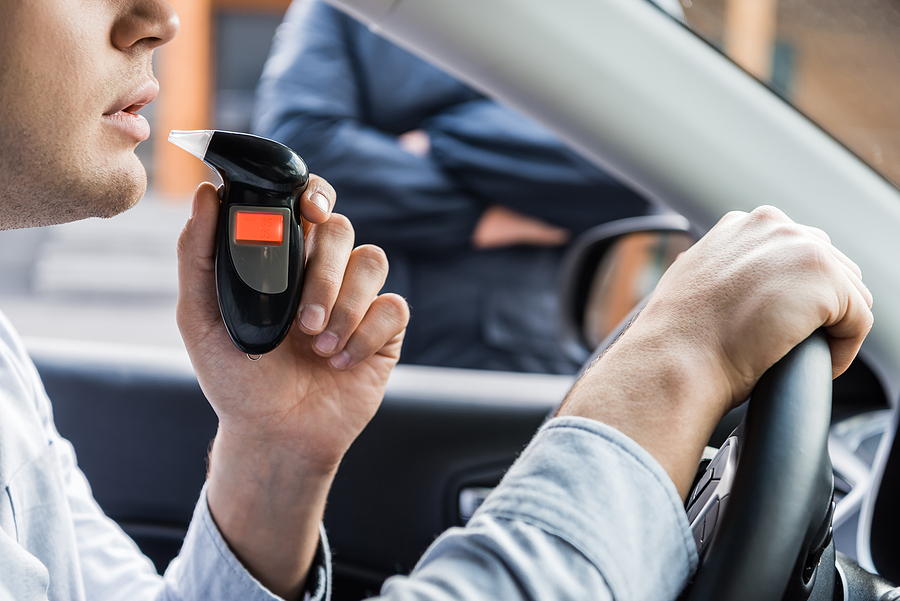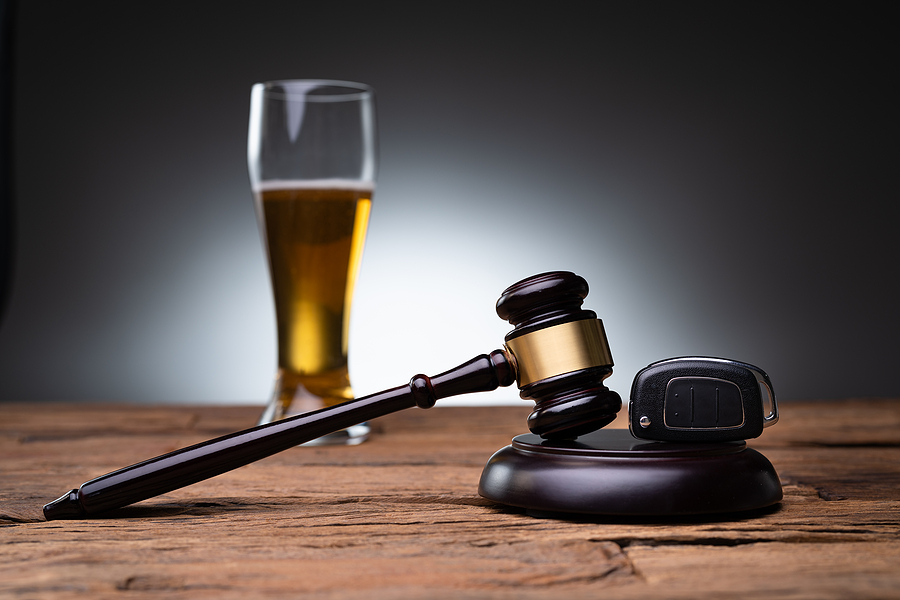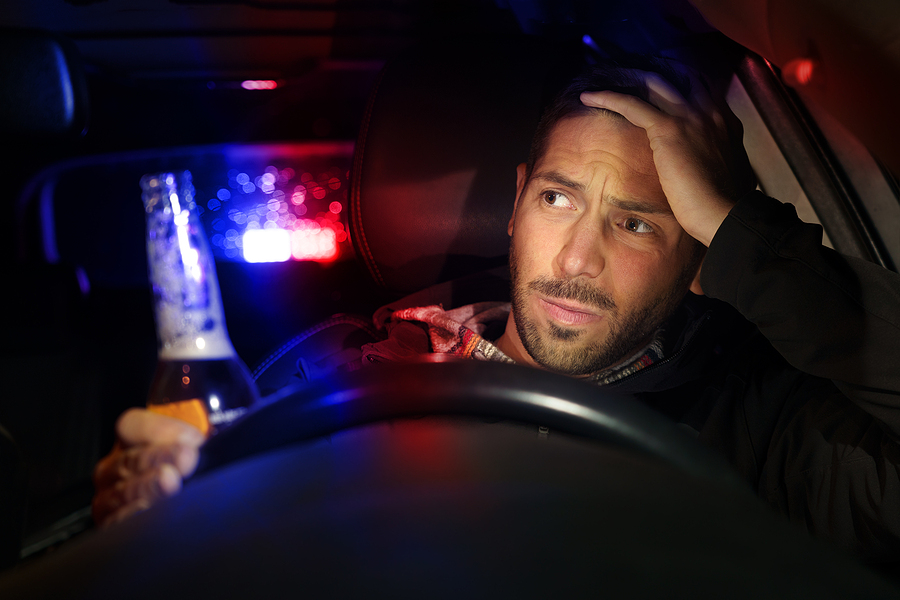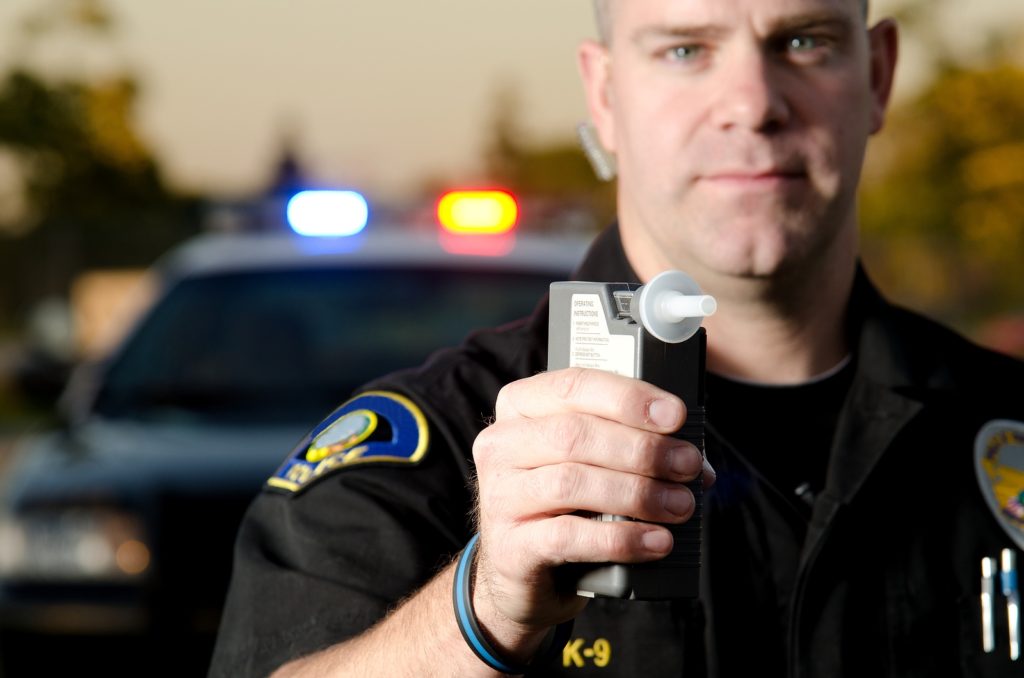Getting pulled over during a traffic stop can be overwhelming, especially when you’re facing potential DUI charges. Many Indiana drivers don’t fully understand their rights and obligations under the state’s Implied Consent Law until they find themselves in this challenging situation. This law significantly impacts what happens during a DUI stop and the choices you’ll need to make quickly.
Indiana’s Implied Consent Law creates automatic responsibilities for anyone who drives on the state’s roads. By simply operating a vehicle, you’ve already agreed to certain chemical testing procedures if an officer suspects impairment. However, the reality of this law is more complex than many people realize, with important nuances that can dramatically affect the outcome of your case.
Understanding these legal requirements isn’t just about knowing what might happen during a traffic stop—it’s about protecting your rights and making informed decisions when you’re under pressure. The consequences of your choices during a DUI stop can follow you for years, affecting your driving privileges, employment opportunities, and personal freedom.

What Does Implied Consent Mean Under Indiana Law?
Implied consent refers to the legal principle that by driving on Indiana’s roads, you automatically agree to submit to chemical testing if a law enforcement officer has reasonable suspicion that you’re operating under the influence. This consent is “implied” because you don’t explicitly state your agreement—it’s assumed through your act of driving.
Types of Chemical Testing
Under Indiana Code 9-30-6-2, this law applies to tests measuring blood alcohol concentration (BAC) or the presence of controlled substances in your system. The most common tests include breathalyzer testing, blood draws, and urine analysis. Importantly, this law covers all substances that could impair your driving ability, not just alcohol.
The Legal Basis
The legal foundation for implied consent rests on the idea that driving is a privilege, not a right. When the state grants you a driver’s license, part of that agreement includes submitting to these tests when legally requested. This framework has been upheld in numerous court cases, including State v. Gilbert, which detailed the procedural aspects of how officers must handle implied consent situations.
Misconceptions About Refusal
Many drivers mistakenly believe they can simply refuse testing without consequences. While you do have the right to refuse, that choice comes with automatic penalties that are separate from any DUI charges you might face.
When Does Implied Consent Apply During Traffic Stops?
Reasonable Suspicion and Testing
Implied consent doesn’t automatically apply to every traffic stop. An officer must have reasonable suspicion that you’re impaired before requesting chemical testing. This suspicion typically develops through observations like the smell of alcohol, slurred speech, bloodshot eyes, erratic driving behavior, and more.
The process usually begins with field observations during your initial interaction with the officer. If these observations suggest impairment, the officer may request field sobriety tests. It’s crucial to understand that field sobriety tests are voluntary and not covered under implied consent requirements. You can refuse these roadside tests without facing the automatic penalties associated with refusing chemical tests.
When Implied Consent is Activated
However, if the officer decides to arrest you for DUI based on their observations, implied consent requirements become active. At this point, you’ll be asked to submit to chemical testing, typically at the police station or hospital. The case Johnson v. State clarified many aspects of what constitutes proper procedure during these stops and how officers must inform drivers of their rights.
The location of your traffic stop doesn’t exempt you from implied consent requirements. Whether you’re stopped on a public highway, in a parking lot, on private property where the public has access, or even in your own driveway, the law generally applies if you’re operating a motor vehicle.
Contact Us for DUI Defense in Indianapolis ☎
Consequences of Refusing Chemical Tests
Immediate Administrative Penalties
Refusing to submit to chemical testing under Indiana’s Implied Consent Law triggers automatic administrative penalties through the Bureau of Motor Vehicles (BMV), separate from any criminal DUI charges. For a first-time refusal, your license will be instantly suspended for one year. If you have prior DUI convictions or refusals within the past five years, the suspension period extends to two years.
These administrative penalties occur regardless of whether you’re ultimately convicted of DUI charges. The refusal itself violates your implied consent agreement, and the BMV will act on this violation independently of criminal court proceedings. This means you could face license suspension even if criminal charges are later dropped or dismissed.
Refusal as Evidence in Court
Additionally, your refusal to take chemical tests can be used as evidence against you in criminal court. Prosecutors often argue that refusal indicates consciousness of guilt—that you knew you were impaired and refused testing to avoid incriminating evidence.
However, there are some limitations on how refusal evidence can be used. Courts have established that prosecutors cannot suggest that refusal automatically proves guilt, but they can present it as one factor for the jury to consider alongside other evidence of impairment.
Legal Penalties and Long-term Consequences
DUI penalties in Indiana extend far beyond license suspension, creating long-lasting impacts on multiple aspects of your life. A first-time DUI conviction typically results in license suspension for 90 days to two years, depending on your BAC level and other factors. You’ll also face potential jail time ranging from 60 days to one year, along with fines up to $5,000.
Repeat offenses carry substantially harsher penalties. A second DUI conviction within five years can result in license suspension for up to two years and potential felony charges. The court may also require installation of an ignition interlock device, which prevents your vehicle from starting if alcohol is detected on your breath.
Extended Impact
Beyond immediate legal consequences, DUI charges create lasting effects on your employment opportunities, insurance rates, and personal reputation. Many employers conduct background checks that will reveal DUI convictions, potentially limiting job prospects. Insurance companies typically classify DUI convictions as high-risk behavior, leading to dramatically increased premiums or policy cancellation.
Professional licenses in fields like healthcare, education, or finance may also be affected by DUI convictions. State licensing boards often review criminal convictions and may impose additional penalties or restrictions on professional practice.
Exceptions and Potential Defenses
Medical Exceptions
While implied consent creates broad testing requirements, certain exceptions and defenses may apply to your situation. Medical conditions that prevent safe blood draws or breathalyzer testing can sometimes provide grounds for challenging test results or refusal penalties. However, officers are typically required to offer alternative testing methods when medical issues arise.
The case Indiana v. Kimbrell addressed important issues surrounding blood draws and medical considerations in implied consent situations. This ruling established protocols for handling cases where medical circumstances complicate standard testing procedures.
Procedural Violations
Procedural violations by law enforcement can also provide defense opportunities. Officers must follow specific protocols when informing drivers about implied consent requirements and conducting chemical tests. If proper procedures weren’t followed, it may be possible to challenge the validity of test results or the penalties for refusal.
Timing Issues
Timing issues can also affect the validity of chemical tests. Indiana law requires that testing occur within a reasonable time after arrest, typically within three hours. Tests conducted outside this window may face challenges regarding their accuracy and legal admissibility.
Protecting Your Rights During a DUI Stop
Understanding your rights during a traffic stop empowers you to make informed decisions under pressure.
✏ You have the right to remain silent beyond providing basic identification information. Anything you say can be used as evidence, so limiting your statements to essential responses protects you from inadvertently providing incriminating information.
✏ While you must comply with requests for license, registration, and insurance information, you’re not required to answer questions about where you’ve been, whether you’ve been drinking, or how much you’ve consumed. Politely declining to answer these questions is within your rights and cannot be used against you.
✏ Remember that field sobriety tests are voluntary. Officers may not clearly explain this, but you can decline to perform roadside balance tests, eye tracking tests, or other field sobriety evaluations without triggering implied consent penalties. However, refusing these tests may still influence the officer’s decision to arrest you based on other observations.
If you’re arrested and face chemical testing requirements, the decision becomes more complex. While you can refuse, understanding the automatic consequences helps you make an informed choice based on your specific circumstances.
In Summary
Facing DUI charges creates immediate stress and uncertainty about your future. The complexity of implied consent law, combined with the serious consequences of these charges, makes professional legal guidance essential. An experienced DUI attorney can evaluate the specific circumstances of your case, identify potential defenses, and guide you through both administrative and criminal proceedings.
Your Next Steps
Time is critical in DUI cases. You typically have only ten days from your arrest to request a hearing with the BMV regarding license suspension. Missing this deadline can result in automatic suspension without the opportunity to challenge the administrative penalties. Consult with a qualified DUI attorney who understands Indiana law and can protect your interests throughout this challenging process.
Ready to defend your DUI charges and get the best possible outcome in court? Contact Attorney David E. Lewis at 317-636-7514 for immediate criminal defense representation in central Indiana.
Schedule a Free Consultation Now
Related Post: Indiana Laws About Giving a Breath Sample During a DUI Stop






